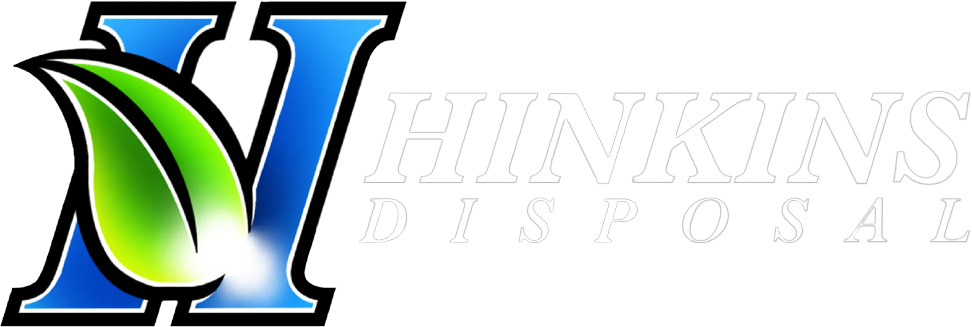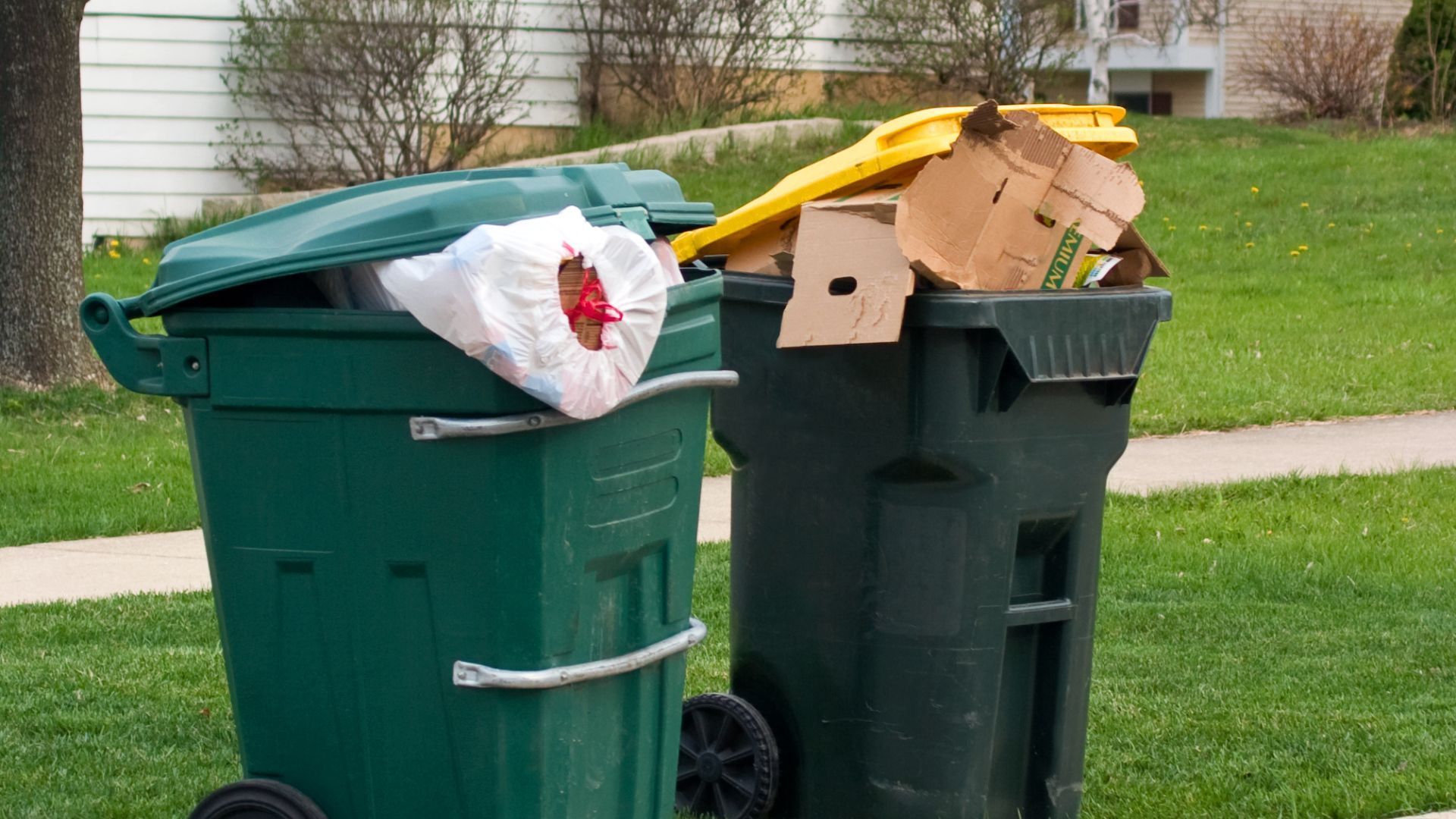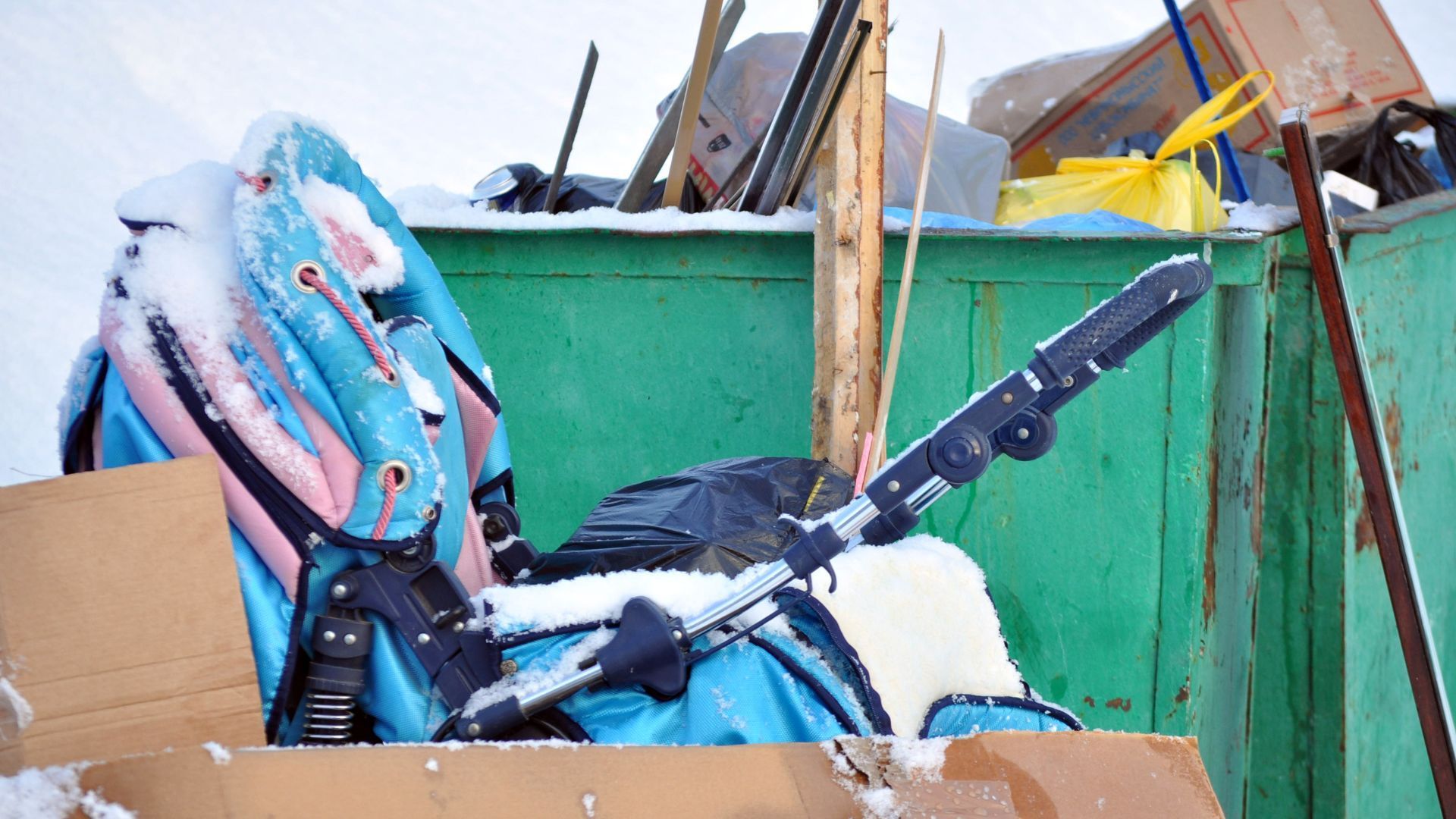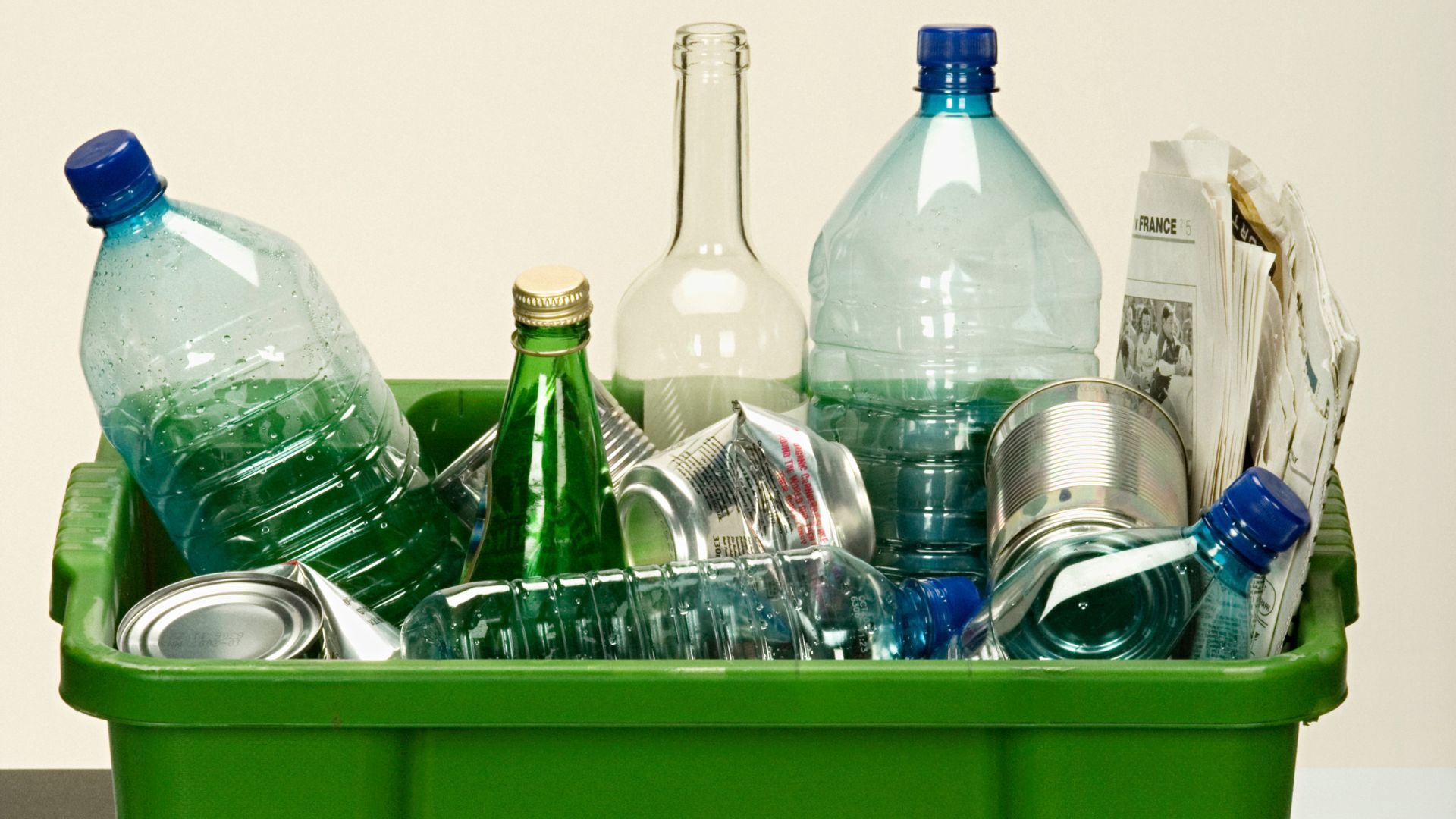Why Recycling Is Smart for Junk Disposal Augusta Needs
Recycling is far more than an environmentally-friendly buzzword—it’s a powerful tool for communities like Augusta striving to preserve natural beauty while managing waste responsibly. Opting to funnel recyclable materials—such as paper, plastic, glass, and metal—into the recycling stream dramatically lessens the demand for raw materials sourced from earth’s finite reserves. Recycling one aluminum can saves up to 95% of the energy needed to create the same can from virgin ore. That energy conservation translates into a cascading reduction in greenhouse gas emissions, diminishing the community’s environmental footprint. Additionally, every ton of paper recycled saves approximately 17 trees, helping retain local ecosystems around the Augusta area.
By integrating recycling into everyday waste disposal routines, Augusta’s residents can champion conservation while local waste management providers streamline operations. Separating recyclables at their source ensures that valuable materials are diverted from landfills—where they would languish for decades—and instead are reprocessed into fresh products. This cyclical usage model not only diminishes landfill burden but fosters innovation in green technologies. As recycled materials flow into manufacturing, regional economies receive a boost through the creation of recycling-based jobs and the stimulation of sustainable industry growth.
Economic Sense in Recycling
On the surface, recycling may seem more labor-intensive or costly for households and businesses, but the economic perks quickly outweigh the initial investment. When recyclable goods are collected efficiently and processed on-site or locally, transportation and disposal expenses plummet. Waste haulers can skip redundant pickup cycles, and municipal systems conserve fuel and labor costs. Many products manufactured from recycled materials actually cost less than those crafted from virgin inputs, passing savings to consumers and organizations alike.
For Augusta-based enterprises, embracing recycling in junk disposal strategies can cultivate a more appealing brand image. Consumers are increasingly drawn to companies that prioritize sustainability. Eco-conscious operations often secure new market segments and retain loyal customer bases that value social responsibility. Furthermore, the materials diverted from waste streams can create revenue streams; some recyclables fetch modest resale value at processing facilities. Over time, the combined fiscal gains—through savings and new income—pay dividends that far exceed sorting effort, delivering a win-win situation for both business and environment.
Turning Waste into Wealth: The Revenue Potential of Recycling
Beyond the clear environmental benefits, recycling offers direct and measurable economic returns that can significantly enhance a company’s bottom line. While many view discarded materials as valueless refuse, items such as scrap metal, cardboard, glass, and certain plastics hold real market value. These materials, when properly sorted and collected, can be sold to recycling facilities or manufacturers who repurpose them into new products. Even though prices for recyclable commodities may fluctuate based on supply and demand, the consistent generation of recyclables by businesses, construction sites, and even large-scale residential complexes in Augusta creates an opportunity for recurring income.
For companies that handle large volumes of waste—such as retailers, restaurants, warehouses, and industrial operations—the accumulation of recyclable materials over time can translate into substantial returns. Baled cardboard, for instance, can command a strong resale price, and aluminum or copper scraps are particularly valuable on the recycling market. These modest yet steady revenue streams can offset waste management costs, support green initiatives, or be reinvested into business operations. When paired with reduced landfill tipping fees and minimized hauling expenses due to lower overall waste volume, the case for recycling becomes not only logical but financially rewarding. What once may have been perceived as an extra responsibility now emerges as a smart, profit-enhancing strategy that benefits both the bottom line and the sustainability goals of Augusta's forward-thinking community.
Boosting Community Health and Quality of Life
Landfills and waste transfer stations pose more than environmental concerns—they can be focal points for odors, pests, and air and water pollution. However, recycling can dramatically mitigate these nuisances. By removing high-volume materials like paper and plastic from the waste stream, not only is landfill capacity prolonged, but potential vectors for vermin and leachate problems are reduced too. In Augusta, where community health and outdoor enjoyment are cornerstones of life, maintaining clean living spaces is vital.
In addition to curbing pollutants, recycling exposes residents to fewer hazardous materials. Many recyclable products—batteries,
electronics, paints—contain harmful chemicals. When these are diverted from general waste and treated through specialized recycling channels, potential soil and water contamination are considerably minimized. As a result, communities enjoy safer parks, cleaner waterways, and reduced local health risks. Implementing widespread recycling thus becomes a direct investment in Augusta’s public well-being and future environmental resilience.
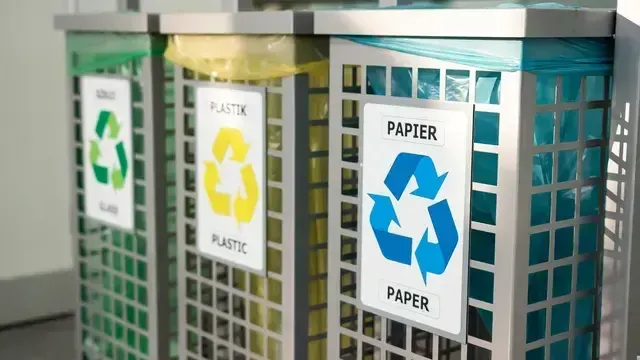
Recycling as a Public Health Imperative
In the broader picture, promoting recycling is not just about reducing waste—it's a critical long-term strategy for strengthening public health resilience. Cleaner environments help eliminate the conditions that allow harmful bacteria, allergens, and toxic substances to spread unchecked. By keeping recyclable materials out of overflowing landfills and away from incinerators, communities drastically reduce air pollutants, contaminated runoff, and airborne irritants that are known to exacerbate respiratory issues. In Augusta, where residents value both tradition and progress, a clean and breathable atmosphere is fundamental to preserving quality of life for future generations.
The health consequences of poor waste management are well-documented. Prolonged exposure to landfill emissions, mold from decaying waste, and pollutants leaching into water sources have all been linked to increased asthma rates, skin disorders, and even cardiovascular disease. Conversely, communities that embrace comprehensive recycling initiatives consistently experience positive shifts in public health metrics. Birth outcomes improve, chronic illness rates decline, and children grow up with fewer environmental risk factors that could compromise their long-term development. For Augusta families, these outcomes reinforce the value of participating in thoughtful recycling efforts—not just for the planet, but for their children’s well-being.
Innovation and Growth Through Circular Design
The concept of circular design—engineering products with their full lifecycle in mind—is gaining traction in industries across the globe. When recycling systems are robust, manufacturers are incentivized to create goods that are easier to disassemble, repair, or repurpose. Innovation thrives in such an ecosystem, where plastic packaging, glass containers, even construction materials are conceived as part of a perpetual material loop rather than destined for the trash.
Augusta’s support for recycling can solidify its position as a regional leader in circular economy thinking. Material recovery facilities and recycling centers can partner with educational institutions, incubators, and startups to pilot projects that transform local waste into valuable resources. From recycled plastic furniture to reclaimed wood furnishings, these creative ventures not only reduce landfill loads but also generate new revenue streams and employment opportunities. As an urban center, Augusta stands to gain from this synergy—diverting waste while building a resilient, forward-looking economy aligned with twenty-first-century ideals.
Practical Steps for Residents and Businesses
Transitioning to effective recycling practices often starts with a few simple adjustments. Begin by familiarizing yourself with the recyclable categories accepted in your local jurisdiction: check with Augusta’s waste management providers for a full list. Sort paper products, plastics, metals, and glass into designated bins and rinse food-contaminated containers to avoid contamination. For more specialized items—electronics, batteries, light bulbs—stay vigilant to community collection events or take-back programs.
Regular pickup services or drop-off locations make recycling accessible, but what truly impacts the system is consistency. Set up convenient stations within your home or office to separate waste streams. Engage colleagues or neighbors in friendly encouragement campaigns—turn recycling into a community habit rather than a chore. Recognize that every recyclable item contributes to system efficiency: a single reused cardboard box reduces the need to source new packaging, while recovered metal scraps feed thriving circular industries. In Augusta, incremental change is the catalyst for large-scale environmental shifts.
Anticipating Future Benefits
The positive effects of recycling are long-term by nature. While today’s recyclables benefit next week’s manufacturing cycles, the cumulative savings in resources, emissions, and landfill volumes truly surface over years. For Augusta, that means cleaner air, preserved green spaces, and fewer encroaching landfills. Reinvestment of cost savings into community projects—public recreation areas, educational programs—yields visible dividends.
Moreover, as international and domestic markets increasingly favour sustainable practices, communities with established recycling infrastructure are better poised to attract eco-focused businesses and investment. Augusta can market itself as a city prepared for the future, with resilient supply chains and minimal environmental liabilities. Its adaptive economy would be more immune to resource scarcity or regulatory pressure and more appealing to forward-thinking firms and residents.
Empowering Individuals through Awareness and Action
True transformation hinges on education and public engagement. Recycling is most effective when everyone understands both its practical side and its importance. Workshops, school initiatives, and local campaigns demystify the recycling process, reducing confusion about what can and cannot be recycled. When individuals grasp the massive collective impact—how one ton of recycled materials can save millions of gallons of water—they’re motivated to do their part.
Digital platforms, neighborhood bulletin boards, and community events offer superb venues to distribute clear, compelling messages. Present relatable examples: “If every household in Richmond County recycled one extra plastic bottle each day, it would equate to over 100,000 salvaged bottles per year.” Such visual metaphors make the abstract benefits tangible. Reinforcing action through recognition—school assemblies, business certifications—cultivates a culture of eco-commitment across Augusta.
Conclusion
Recycling isn’t just a method of trash separation—it’s a smart solution with far-reaching benefits. From reducing environmental harm and conserving valuable resources to strengthening community health and igniting economic opportunities, recycling redefines what “waste” really means. By integrating thoughtful recycling into junk disposal routines, Augusta can safeguard its natural beauty, nurture citizen well-being, and forge a sustainable, future-ready economy.
Hinkins Disposal, based in Augusta, GA, is dedicated to helping the community manage junk and recyclables responsibly. Contact them at
(706) 885‑4032 or via email Hinkinsdisposal@gmail.com for expert assistance with recycling, waste removal, and smart disposal solutions.
